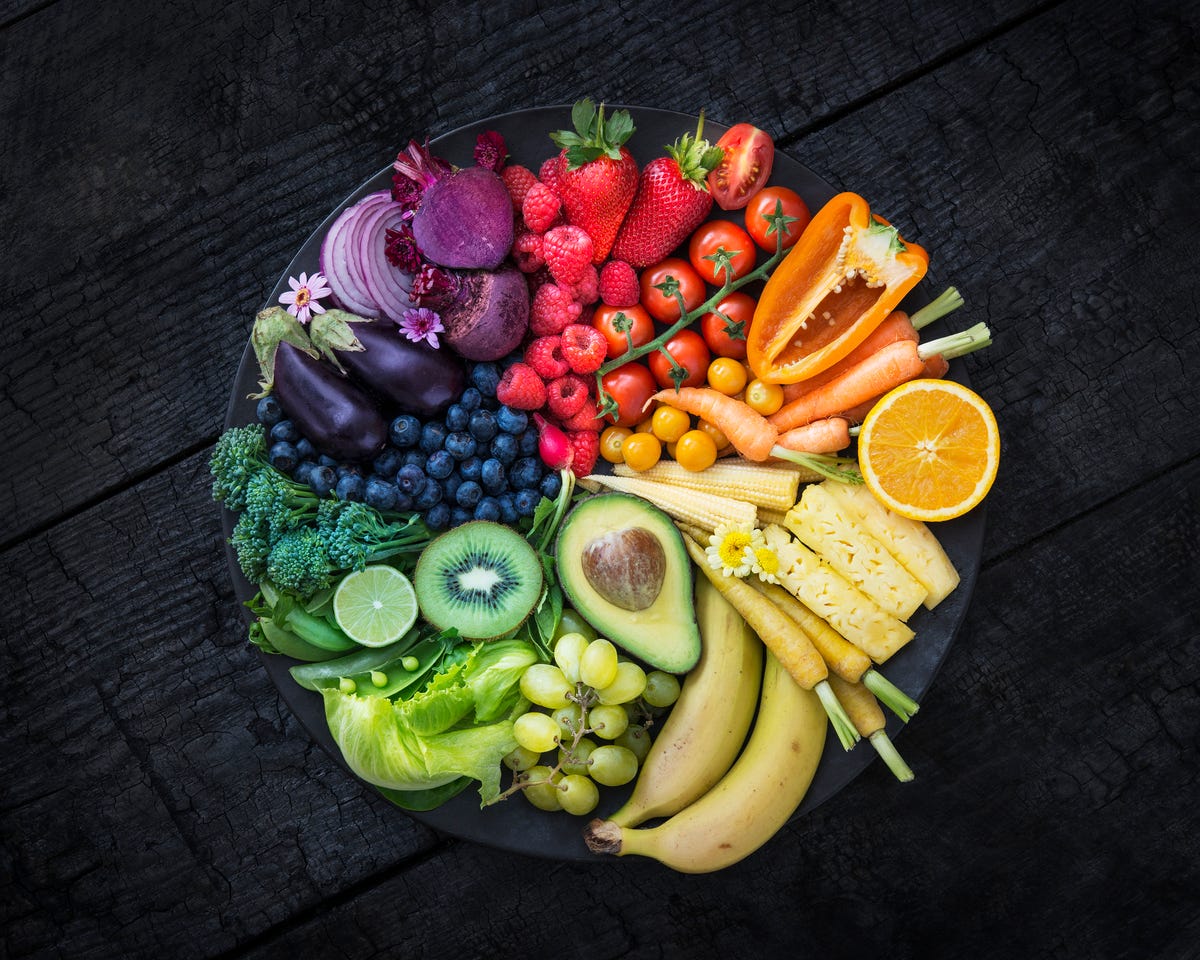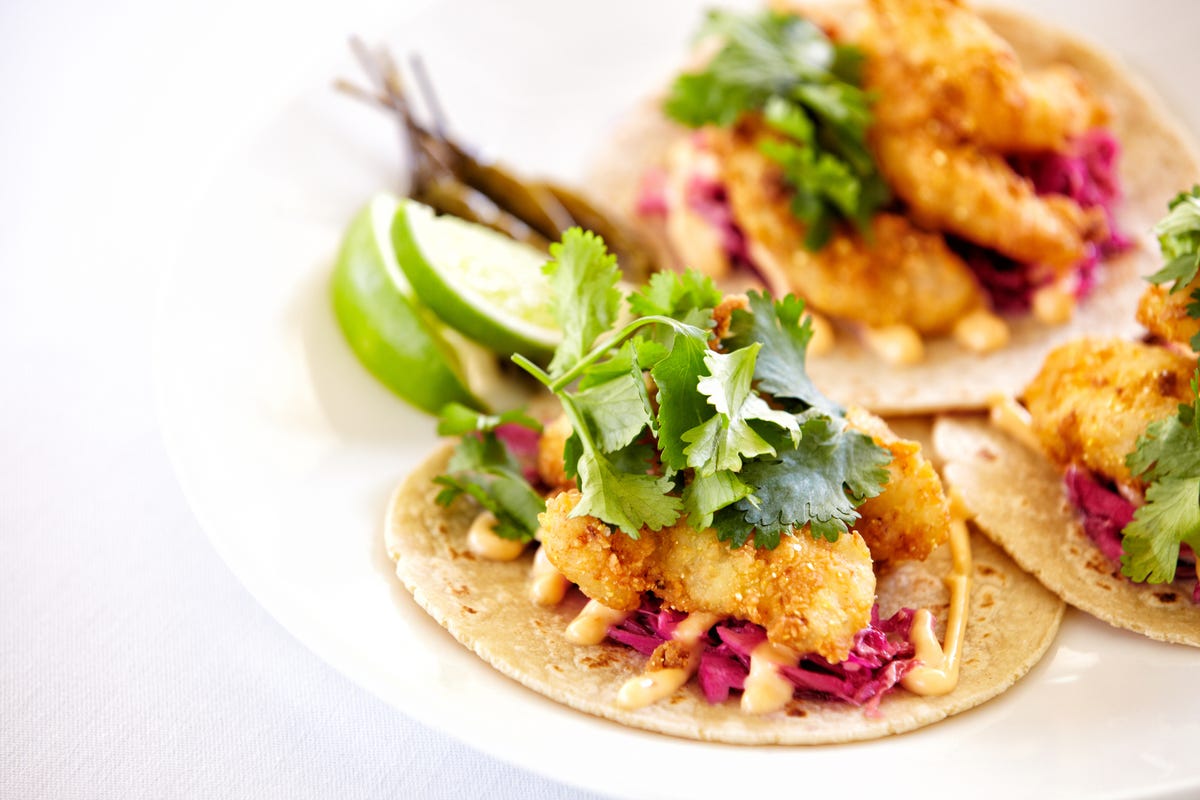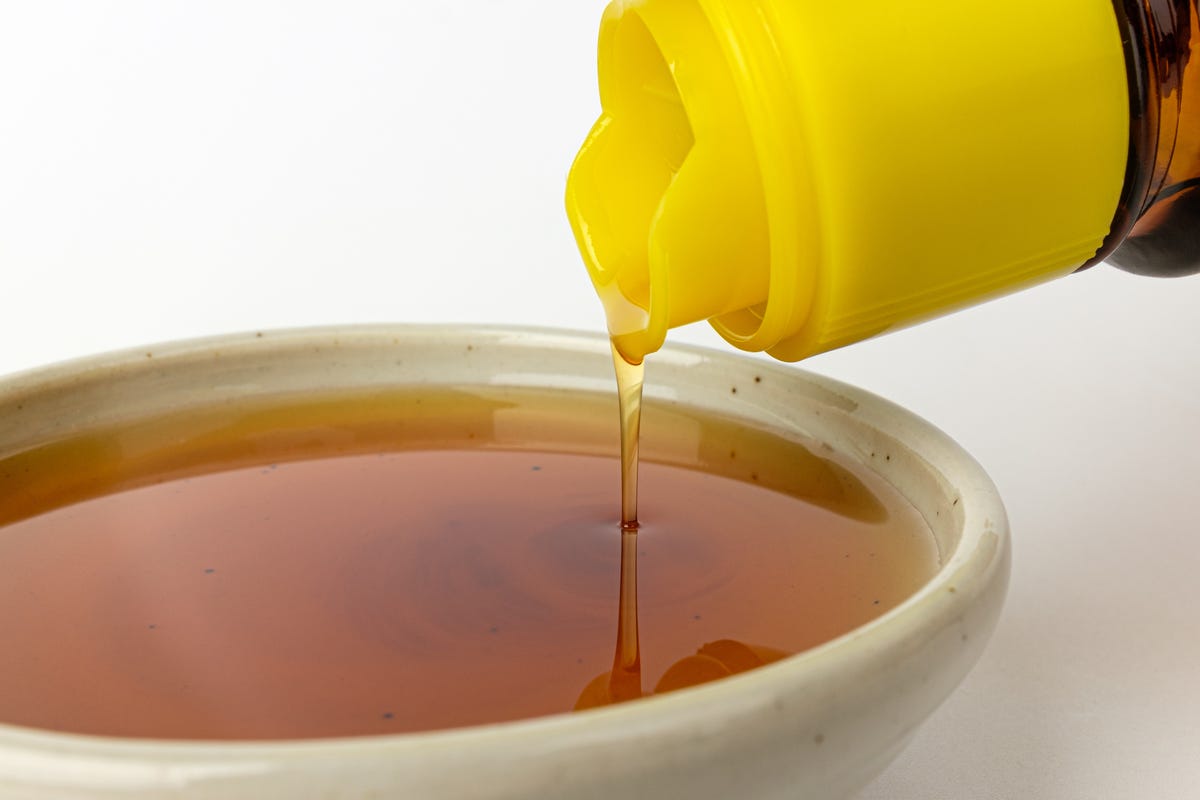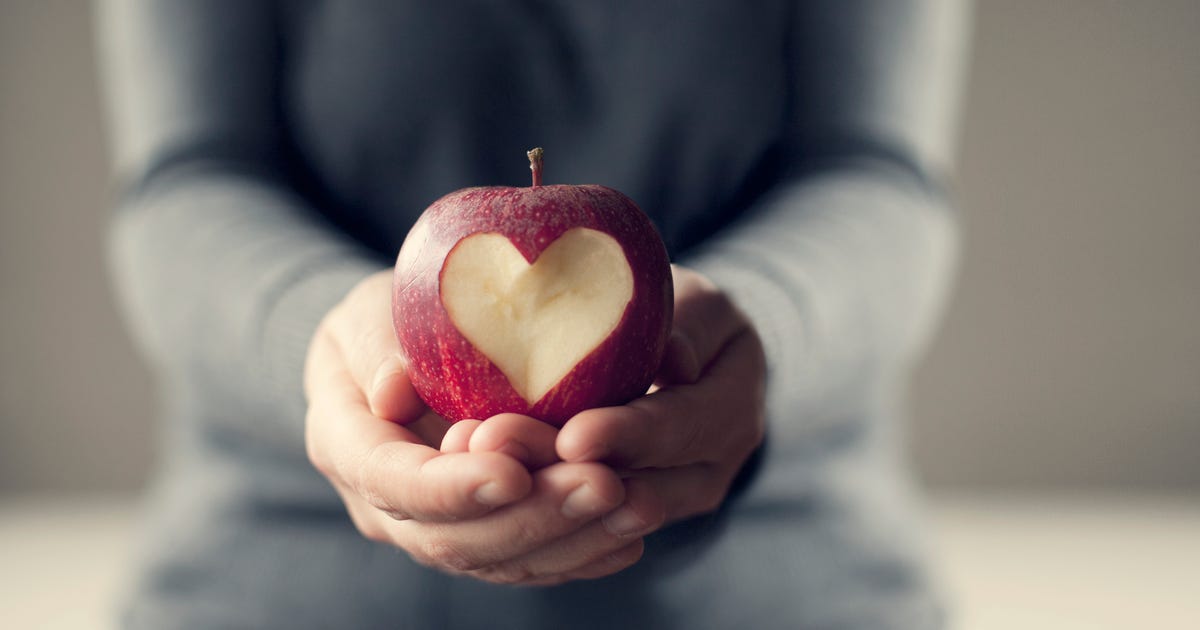Our heart is a vital organ. It keeps our blood moving through our body, controls our pulse rate and maintains our blood pressure. When it comes to maintaining your heart health over time, your diet can play an important role.
Everyone from the American Heart Association to the US Department of Health and Human Services recommends making specific food choices to support a healthy heart. Because foods for heart health can reduce other potential cardiovascular issues — like high blood pressure and high cholesterol — it’s worth keeping that in mind as you plan your weekly meals.
Keep reading to find out which foods to look for and what a heart-healthy diet looks like overall.
What is a heart-healthy diet?
Studies have revealed two things: foods that are riskier for your heart and foods that strengthen it. Fortunately, you’re not about to get hit with a bunch of curveballs. The best foods for heart health are ones you probably already think of as healthy. Similarly, the not-so-heart-healthy foods are probably already on your radar for not doing your body any favors.
Before we dive in here, let’s say: everything in moderation. Unless you already know you have a heart health issue, you don’t need to cut out any foods or make drastic changes. We’re not saying you can never have another piece of bacon or crack open another soda. Instead, being mindful of what a heart-healthy diet looks like can help you incorporate more of those foods into your meals.
Now, let’s talk details. According to the AHA and Department of Health, a heart-healthy diet is rich in:
- Produce
- Lean proteins
- Fiber-rich complex carbs
- Healthy fats
A diet full of colorful fruits and vegetables, whole grains and healthy proteins and fats will give your body the fiber, vitamins and minerals it needs to support a healthy heart.

David Malan/Getty Images
Conversely, if you’re trying to boost cardiovascular health, you want to limit your intake of:
- Trans fats
- Saturated fats
- Processed meats (for example, lunch meat, salami and hot dogs)
- Excess salt
- Excess sugar
- Refined carbohydrates (for example, white breads and snacks)
- Red meat
- Excess alcohol
If a lot of your favorites are on the less heart-healthy list, don’t panic. You can still include them in your diet (unless your doctor says otherwise). Just make sure that these foods aren’t taking over every meal, and try to add as many heart-healthy foods into your day as you can.
Heart-healthy foods

d3sign/Getty Images
If you want to feel good about what your next grocery trip will do for your heart health, you can grab items in these specific categories.
1. Fruits and vegetables
Remember the food pyramid from back in the day? It was on to something. Your body benefits from eating quite a bit of produce.
That’s because veggies and fruit load in a lot of nutritional density per bite. Bananas and sweet potatoes deliver potassium, a key mineral for heart health. Cruciferous veggies may help to prevent clogged arteries. Leafy greens deliver fiber, which can help to lower cholesterol and blood pressure.
Long story short, the more produce you’re packing in, the better. And if fresh produce doesn’t work for your budget or your lifestyle, don’t worry. You can get plenty of nutritional benefits from frozen, dried and canned options. Just make sure they’re marked low-sodium.
2. Whole grains
Not all carbs are bad. Refined carbs like the ones in white bread fly through your body, usually doing you more harm than good. But complex carbohydrates, like the ones you’ll find in whole grain products, deliver fiber, which we’ve already mentioned as a heart health booster.
Plus, they often come packed with vitamins and minerals like iron, selenium, thiamin (vitamin B1), riboflavin (vitamin B2), niacin (vitamin B3), folate (vitamin B9) and magnesium. If you’re looking for a heart-healthy diet, choose products that have whole grains in their ingredient list. Plus, complex carbs can also be found in beans, potatoes, peas and corn.

GSPictures/Getty Images
3. Lean and plant protein
While certain proteins — like red and processed meat — can be hard on your heart, others top the list of foods for heart health. The key here is to look for plant-based protein, lean animal proteins and fish. Experts recommend mixing up your protein sources. So you have plenty of options, stock up on:
- Lentils
- Beans
- Nuts
- Seeds
- Tofu
- Fish, especially ones high in omega-3 fatty acids
- Eggs
- Low-fat dairy products
- Poultry
- Seeds
Swap some of your red meat and cured pork for the options above and you’ll be doing your heart a favor.
4. Healthy fats
You might think that fat spells heart trouble, but it’s all about the type of fat. While trans and saturated fats have been linked to cardiovascular issues in numerous studies, your body, including your heart, needs healthy fats. You can get these from fish, nuts and seeds, along with avocados and moderate amounts of plant oils like:
- Olive oil
- Sesame oil
- Sunflower
- Soybean oil
- Canola oil
- Corn oil
- Safflower oil
As a general rule of thumb, if the fat would be solid at room temp, it’s probably saturated. If it would be a liquid, it most likely falls under the unsaturated variety. Think butter (controversial for health) versus olive oil (definitely part of a heart-healthy diet).

Sesame oil is a healthy fat.
SUNGMIN/Getty Images
5. Heart-check foods
The American Heart Association has certified certain foods for heart health and given them the Heart-Check seal, which you can find on some food packaging. Once you learn that seal, it can make it easier to stock your cart with foods for heart health.
For the best results, pair your heart-healthy diet with other heart health boosters like regular exercise, sleep and stress management techniques. It can also be helpful to learn your blood type and what it means for your risk of specific cardiovascular conditions.
The information contained in this article is for educational and informational purposes only and is not intended as health or medical advice. Always consult a physician or other qualified health provider regarding any questions you may have about a medical condition or health objectives.







More Stories
Why Bamboo Cutting Boards Are More Eco-Friendly Than Other Materials
Nutritionist Reveals 10 Easy Ways To Curb Sugar Cravings – Find Out What They Are
How can we make our brains prefer healthy food? – study